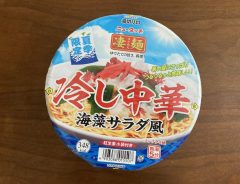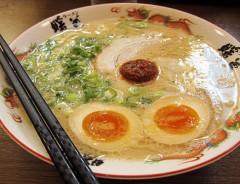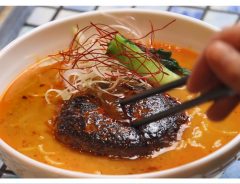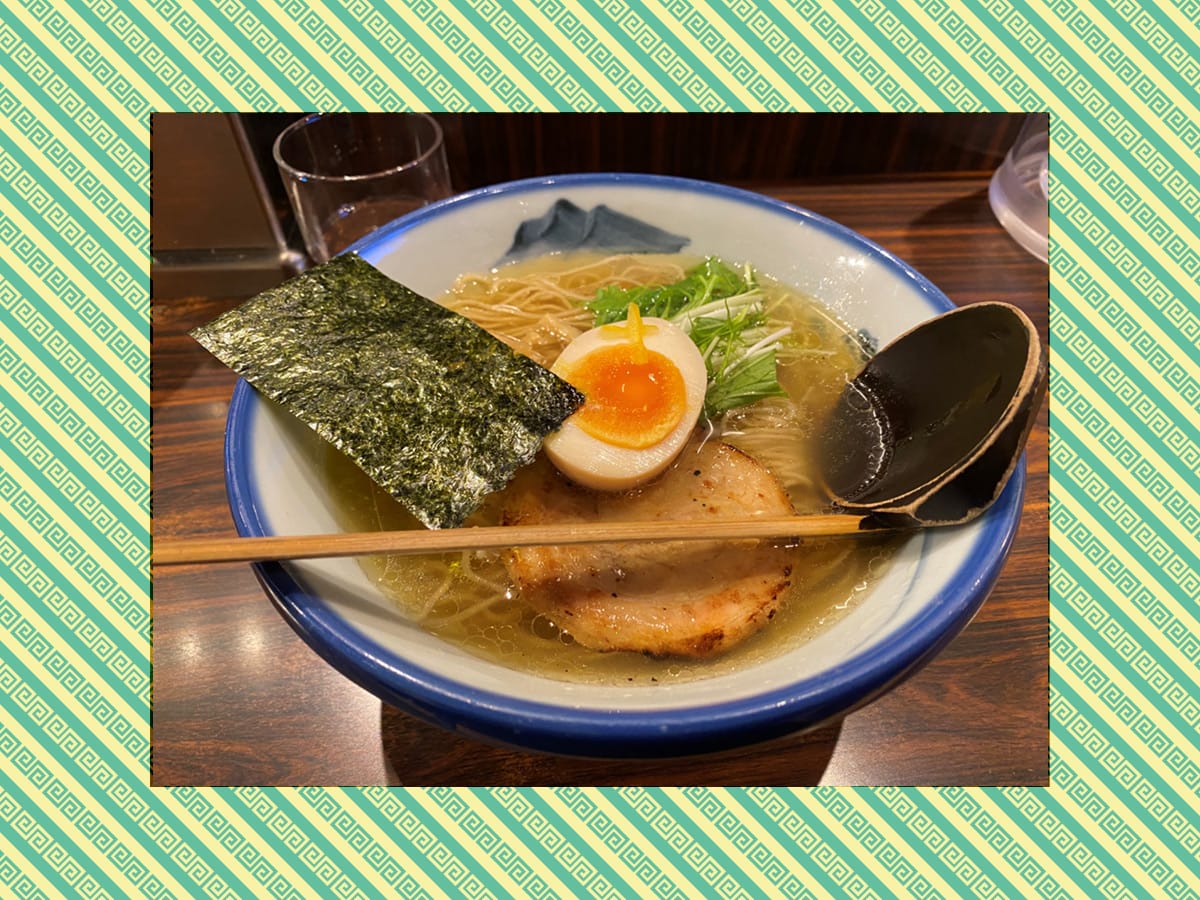Related Article
-

Japan’s instant chilled ramen makes noodles a quick and refreshing summer treat
-

A stranger’s kindness saves a mother’s day in this sentimental manga
-

Japan’s new “Noodle Wall” protects from ramen splash damage and has a theater pocket for your phone
-

Learn How To Make A Delicious Bowl Of Ramen At El Dorado In Tokyo!
-

Ramen Lovers Rank Their Top Ten Ramen Toppings! What Do You Put In Yours?
-

This limited edition Hamburger Tantanmen is tantalizingly delicious



Ramen is a quintessential Japanese dining experience. A thick bowl of meaty, tender noodle filled broth, gulped down in dimly lit wooden restaurants to the percussion-like tune of slurping salarymen and hollering ramen chefs. It’s a (culturally) rich and delicious meal enjoyed by regulars and tourists to Japan, and also across the world in an ever-growing number of overseas chains.
But in Japan, ramen tends to be associated with men, and ramen restaurants are typically male-dominated spaces. This is not so in all cases but it is a commonly held image in Japan, so much so that Japanese women report feeling reluctant to go and eat ramen alone. Times they are a-changing however, as ramen chains providing inclusive dining experiences are on the rise. A favorite of ours in Michelin starred Afuri, serving up souperlative bowls of broth in an environment inclusive of women, men, children, and any other creature capable of wielding chopsticks! Check out what makes Afuri so special in our review below!
The Interior
Before we begin talking about the bowls, we need to talk about what’s outside them. Afuri has chains across Tokyo in trendy spots like Ebisu, Roppongi, Sangenjaya, and Nakameguro. Each store has a trendy modern design. Nakameguro’s is full of natural light that illuminates the soft oak counters. Roppongi’s looks like a chic American diner. Afuri is a far cry from the oily dens where ramen is customarily enjoyed. It’s a much more welcoming space and it makes a difference in terms of clientele. When we visited our favorite store in Nakameguro, it was full of families and friends, with female diners easily outnumbering the male.
Photo by Toby M
Another stand out difference is the convenient payment machines. Like traditional ramen restaurants, you pay at a ticket vendor, but Afuri’s are modern, touch screen machines on which you can see images of exactly what you buy. You also have the much-needed option of credit card payments and even electric money like PASSMO, offering visitors a simple cashless experience.
Photo by Toby M
Easy payment systems and relaxed dining spaces make it all too easy to enjoy your ramen in Afuri.
The Ramen Itself
And boy is it enjoyable. We’ve written about Afuri’s fantastic vegan ramen in the past, but it’s their specialty Japanese citrus yuzu ramen that earned them a Michelin star.
Photo by Toby M
You can choose between soy, or salt-based broth, each rich with sophisticated flavors of Yuzu and flavorsome oil.
The standard noodles are thin, but you can choose a couple of varieties including healthy konnyaku, a type of Japanese potato. Cooked a little beyond al dente, they’re the perfect consistency.
Photo by Toby M
Each bowl also comes topped with nori, vegetables, a creamy half egg and a thick slice of BBQ chāshū pork. The BBQ flavors of the pork blends with the rich yuzu broth for true soupy satisfaction.
Afuri’s bowls are filling, but in no way stodgy, so you won’t be falling into an oil-induced coma post-meal. The rich and complex flavors invite diners to take their time and appreciate this masterful ramen.
Though we also recommend saving room for one of their gorgeous chāshū pork rice bowls.
Photo by Toby M
Let’s Take a Moment to Remember the Chef
By now it’s clear Afuri do a lot differently: sophisticated, satisfying soup with none of the stodge. The eating space could also be described with the same adjectives. But when it comes to staffing, Afuri is also bucking the trend. How? They employ mostly young people to start with. As their website says, Afuri welcomes people with big dreams, recognizing that their restaurants can be vehicles for their staff to achieve goals beyond the bowls while also working flexibly. You won’t find lifelong ramen devotees set to spend years training in the art of ramen here. But Afuri’s unconventional and delicious approach to ramen craft is testimony to the fact that the old ways don’t need to be upheld to create great ramen. Their open and realistic approach to hiring is one such example and may explain the noticeable diversity of their staff.
Compared traditional ramen shacks Afuri’s abundance of female cooks also stands out. Afuri doesn’t mention anything about specifically targeting female hires on their website. However, their flexible approach to hiring, comfortable, machismo free restaurants and refined ramen style could all be reasons why women would be attracted to working here rather than other ramen establishments. For this writer at least, the diversity of staff in Afuri sends a strong message: their food should be enjoyed by everyone, regardless of gender, generation or aversion to grease.
Restaurant Details
...
Website
Prices